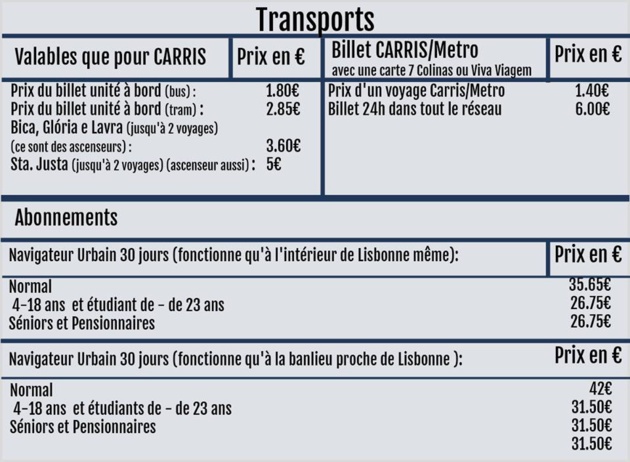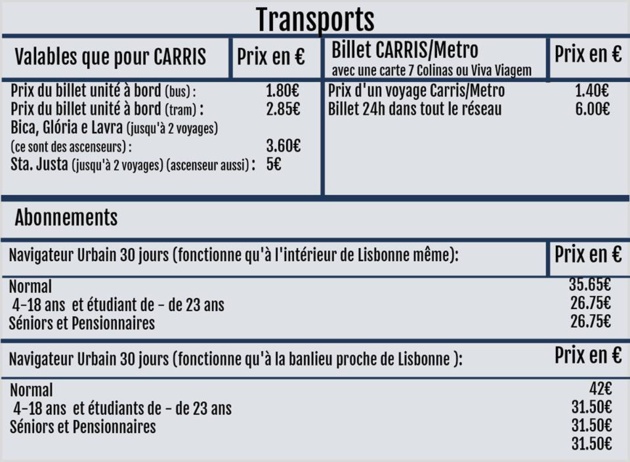
Credit: Carolina Duarte de Jesus
In 2011, the protests against the arrival of the Troika were numerous. Four years later, they happen rarely and draw in far fewer people. Pedro Passos Coelho, the current Prime Minister, is very satisfied with the measures and claims that they have helped to revive growth. The Portuguese people do not seem to complain, but paradoxically, the measures have had major consequences in the country’s key sectors, such as health or education. The reality of the figures is very different to that of daily life.
Is the country recovering economically?
If one believes the figures, the situation has improved, the austerity measures have been a success and the worst is in the past. The European Commission has predicted a growth in GDP for this year of 1.6%, as opposed to -1.6% in 2013, an unemployment rate of 13.4%, down 3 points, and a reduction in public deficit.

The calculation of these figures is worth examining. Concerning the figure of unemployment, it includes all types of jobs, including training for job seekers. However, fewer and fewer people register in employment centres, due to despair. In contrast to these figures, the General Confederation of Portuguese Workers indicates an unemployment rate of 25%. Added to this is the risk of poverty which affects almost 19% of the population.
Faced with this situation, thousands of young people are leaving the country. The majority of them undertake their studies in Portugal, living with their parents, the quality of higher level education improving well, and becoming better and better recognized on a European level. Once they have their diploma in their pocket, be they engineers, economists, nurses or other young professionals, they leave for countries such as France, the United Kingdom or Germany to look for jobs where their knowledge is more appreciated. But they are not the only ones. In 2013, more than 110,000 emigrated. Nowadays, 20% of the population does not live in the country. And according to a study carried out by the observer Cetelem, 74% of those who are still in the country claim that their financial situation has worsened in the last five years.
In addition to these measures is a mass privatisation of companies. In the electricity sector, 21% of EDP (Energias de Portugal) and 40% of REN (Redes Energéticas Nacionais) now belong to Chinese and Omani companies. The postal services were 100% privatised in 2013. The airports, and more recently the national airline TAP, have joined the ranks of Vinci. The government has also started the process of privatisation of water and public transport, the price of which continues to rise.

Unsurprisingly, therefore, Amnesty International included the impact of austerity measures on the lives of Portuguese in its annual report. The NGO claims that Portugal must protect the rights of the most vulnerable groups, recalling also that certain measures were deemed unconstitutional by the Constitutional Court in 2013. They add to this the situations of gypsy communities, refugees and asylum seekers, domestic violence against men, and LGBT+ rights.
A society on its last legs
On the subject of women’s rights, Portugal is again in decline. Whereas abortion was legalised in a referendum in 2007, eight years later the Parliament has voted for the psychological surveying of women seeking abortions. Conscientious objectors are now present at all consultations. Associations say that through these changes, the process can be delayed until the legal deadline for abortion has passed.
Still in the health sector, a report by the Portuguese tv station TVI in February exposed the conditions of patients in emergency services in the most important hospitals in the country, in Lisbon as well as other places. A lack of space, a lack of food, these are deplorable conditions in what is considered a developed country. A witness recalls the lack of beds and the calls to 112 that are not emergencies, meaning some people have to wait two hours before being placed. On average, patients admitted to emergency services have to wait four to six hours to be observed for the first time.
There is an average of 200 patients a day and barely two nurses in the morning, two in the afternoon and two in the evening in certain hospitals. These unwanted figures are the result of a lack of personnel, attributable to the mass emigration, encouraged by lower governmental subsidies. In 2015, the government slightly increased the means, but every witness report feels it’s far from enough to break this vicious cycle.
For its part, education was the sector the second most affected by the austerity measures. A large drop in the number of teachers has been inevitably accompanied by an increase on workload for those who remain and a decrease in the education conditions. Regarding the content, material for arts and sports have increasingly been side-lined, and the quality of teaching is universally deteriorating.
Portuguese elections for change?
October 4 2015 will see legislative elections take place in Portugal. Faced with the current situation in the country, numerous parties have formed in the last three years: The Socialist Alternative Movement, FREE/Time to Move Forward, Together for the People, Democratic Republican Party, We, the Citizens! and, finally, the United Part of Retirees and Pensioners. These last four were formed this year, in view of the legislative elections. Of them, two are on the left (SAM and FREE), one on the right (DRP, and the UPRP does not want to place itself, its objective being to defend the interests of all retirees and pensioners, regardless of political affiliation. This abundance of new parties is symptomatic of the need for renewal in the political scene. We observe the grouping of people from all walks under new names, all offering alternatives to the current situation.
But the Portuguese have not been swept up by this current. In the last poll, on July 7, the PS and the PSD/CDS-PP, on the left and right respectively, won between them 71.3% of the vote, the PS in front. Next with 10.2% is the CDU- the Democratic Unitary Coalition, formed by the Portuguese Communist Party and the Ecologist Party. The Left Block followed in the rear with a significant 4.8%. If there is a left-leaning sentiment, the Portuguese prefer to remain moderate with the Socialist Party, rather than follow the Greek and Spanish wave in choosing alternative parties.

Passos Coelho, at the head of the PSD/CDS-PP coalition, is confident, despite the recent decline in the polls. He incessantly restates the good sides of the measures that he imposed on the country, highlighting the role of the “prize pupil” of Europe vis-à-vis austerity. He also thanked the Portuguese people for the sacrifices they have made in recent years. On the side of the Socialist Party, Antonio Costa focuses on the failings of the PSD/CDS-PP to discredit the coalition. It presents its proposals not as austerity measures, but as a policy that "combines rigor and recovery." In four years, the party wants to "increase the yields available for families, businesses solve the funding problem and promote employment by fighting austerity".
It remains to be seen which reality the new government with focus on: that of the figures or of the daily life of Portuguese people.































